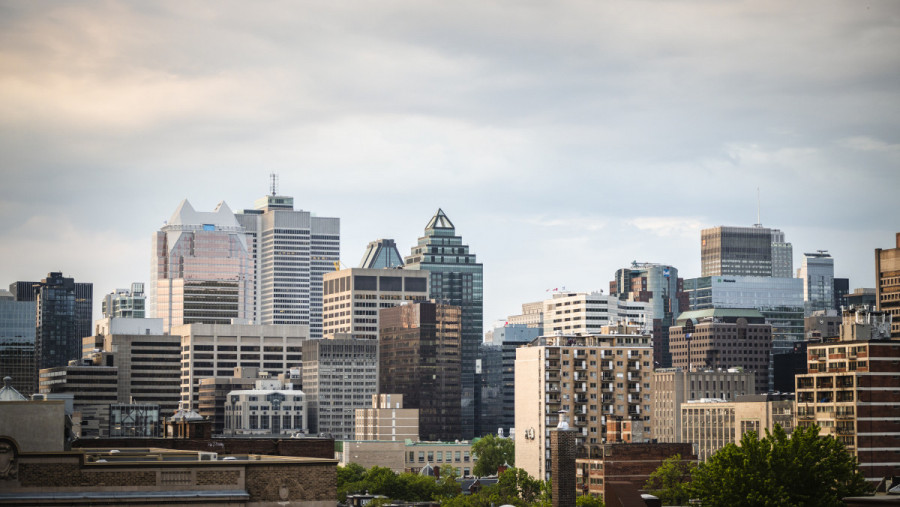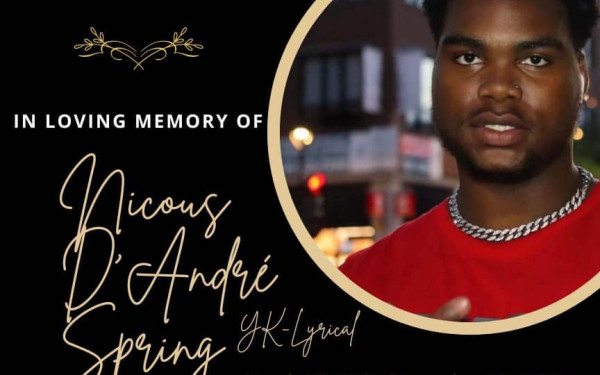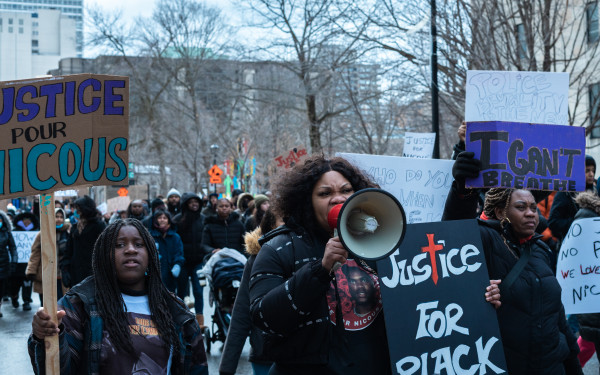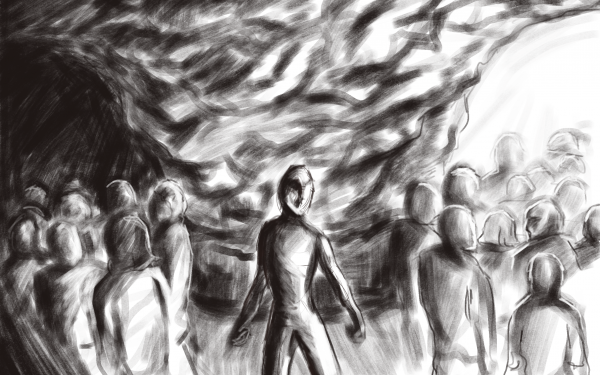Modern Tourism—Who Needs It?
You May Be More Frazzled Post-Vacation Than You Were Before
Tourism never did attract me. I just couldn't see the glamour in air travel, hotels and restaurants.
Now, my view of tourism is that it's well beyond its sell by date—like curdled milk or mouldy bread, it's not fit for human consumption.
I'm terribly conscious that long haul flights, cruises, and hotels built along once pristine shore lines damage our already damaged planet.
Flying sardine class involves grisly airport and in-flight experiences ; long line ups, and intrusive security (that can include cavity inspections), flight delays and so on. Why on earth would I subject myself to that?
I have no desire to go on a cruise. I get bored on beaches and care too much about my epidermis to unduly expose it to the sun.
Let’s say you shun industrial tourism in favour of paths—allegedly—“less well traveled,” you'll find that your destinations look increasingly like home. Fashions, fast food, coffee chains, shopping centres are ubiquitous; that’s what globalisation does.
However, looks may be deceiving. Behind the familiarity are very different cultural and religious customs that you may not have researched; it’s unlikely you’ve learned the lingo.
Behaviours second nature to you may be criminal at your destination; it’s easy to slip up and get banged up. As you languish in some hell hole of a prison, don’t expect Canada to come to your rescue.
Worst case scenario: death in paradise. We tend to think that these things only happen to others, like the six young Irish people whose balcony collapsed as they danced on it, or the five French tourists in Quebec whose snowmobiles went through thin ice, or even the two Quebec women whose hotel used highly toxic insecticide to get rid of bed bugs.
Global Affairs Canada only released statistics on Canadians murdered two years after a Global Television freedom of information request. The data shows that 191 Canadians were murdered while abroad from 2016 to 2020.
When it comes to releasing information such as this, the US seems more forthcoming.
The American state department hosts a public database with details about the location and cause of death. Some countries listed on the database have several pages-worth of deaths—that’s a lot. However, data on accidents, injuries and illnesses aren’t available, nor are data on kidnappings—which in some countries is a growing industry.
Modern tourism has drifted very far away from the meaning of vacation— which shares the same etymology as vacant. In fact, a vacation should help you make your mind vacant—empty it of the clutter and cares of your everyday life.
This is the spiritual dimension of travel: the journey is seen as a sacred and transforming act. After all, people have been making pilgrimages for centuries and they still do.
The genius of the tourism industry is to have exploited this spiritual need to empty the mind, that, I believe, many people seek. Sadly, what the tourism industry offers in no way resembles the transforming power of the journey.
When I want to make my mind vacant, to empty it of clutter and confusion, I don’t hop on a plane; I hop on my bike. I cycle to the Old Port and sit at the foot of the Clock Tower, where I watch the mighty Saint Lawrence River flow by. I continue 10 or so kilometres due west along the Canal Lachine bike path to Parc des Rapides where I admire the magnificent white water rapids. My next stop is René-Lévesque Park. Here, at the lakeside, surrounded on three sides by water, I feel as though I am at the ocean. On the shore of Lac Saint-Louis, I feel vacant and at peace.
You don’t have to travel far to find new horizons: there are lots of them, right here. If you want my opinion, try a Montreal staycation—you can help save the planet, your money, perhaps even your life.




_600_375_90_s_c1.jpg)


